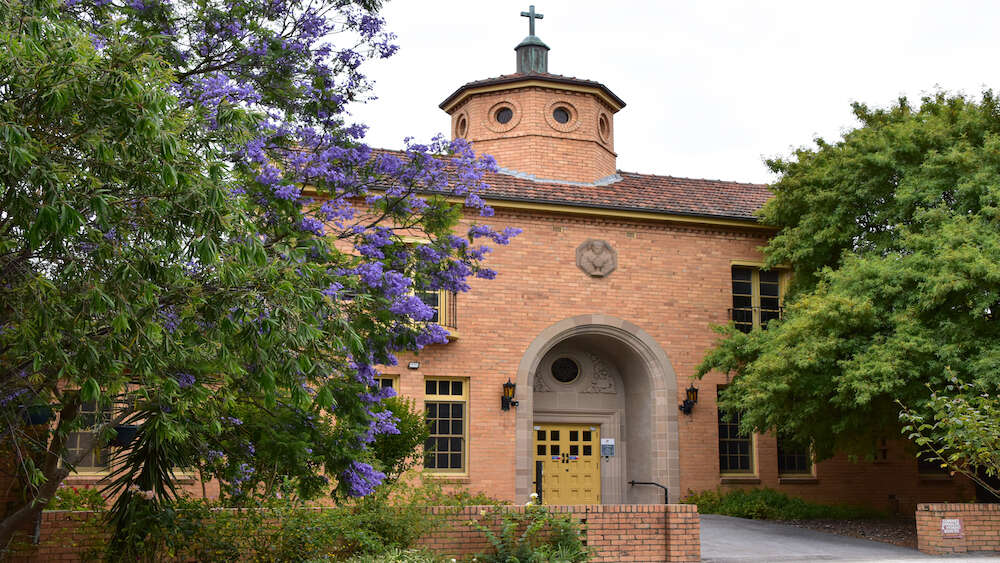The University of Divinity is Australia’s preeminent Christian-focused Higher Education institution with a history dating back to 1910. In seeking to meet the challenges of a quickly changing society the University is developing an exciting array of courses within its School of Professional Practice, including Leadership, Professional Supervision, Spiritual Care, Clinical Pastoral Education, and Counselling.
Recognising the growing need for professional counsellors in church settings, within schools, in the workplace, and within community settings Prof. Albert Haddad who leads the School of Professional Practice says, “We must innovate so as to be future-ready, integrate courses with students’ lives, and seek to impact the community for the better.” To this end the Bachelor of Counselling has been designed to meet the needs of the mid-21st century.
Capitalising on the University of Divinity’s reputation as the best in Australia for student experience (e.g., 2017, 2018, 2019) the Bachelor of Counselling also recognises what it has been like for so many professionals during the pandemic. For this reason, the University has framed the degree around finding “the good life” and is keen to help professionals transition into a new career in which they have much more control over their work; noting also that in counselling a client says “thank you” on the hour, every hour.
Embedded within notions of the good life are an important array of ideas which makes the University’s curriculum stand-out. For example, students first learn to be curious about human nature and engage the human condition directly. Students with “lived experience”, or from marginalised backgrounds, have so much to offer in this regard. In addition, the first year of the degree is also devoted to scaffolding students’ learning with respect to academic skills, critical thinking and problem solving, engaging diversity, as well as providing exposure to the fundamentals of counselling and psychology. With this strong foundation students are then able to tackle a variety of more challenging counselling-specific units in second and third year while also being exposed to innovative ideas around neurodiversity, Artificial Intelligence in mental health, issues pertaining to sexual intimacy, domestic violence, spirituality, basic business skills, and a whole lot more.
Further, the University in its desire to provide an excellent education promotes blended learning as opposed to the anonymity of online learning. As such, students get the best of both worlds. They have the flexibility of online content and person-to-person engagement during intensives in which they practice their counselling skills under the watchful eyes of expert practitioners. Ultimately the University of Divinity wants more for its students than to graduate as competent practitioners. We want to form wise practitioners who are recognised by the Australian Counselling Association and who are job ready.
Nor is graduation the end of the journey. The University of Divinity seeks to create a vibrant alumni network so that as students transition to being colleagues they remain in relationship with their peers and the University. In this way ongoing career development is promoted; be it through supervisory networks, professional development activities, or via post-graduate study. The end goal is to create a community of practitioners who, together, are able to engage with and lead the profession while impacting the broader community in meaningful ways.
So now let me challenge you… If you feel within yourself the stirrings of vocation, or a shift sideways in vocation, come and speak to us at the University of Divinity. We want to see how God is working in your life and help you flourish in His calling. From my experience as a counsellor, I can say that you won’t regret moving into this growing profession. Every day you’ll do something good and years from now you’ll be able to look back and say that your life mattered.
Term 2 enrolments are now open, so don’t miss out. The University of Divinity also has Commonwealth Supported Places for eligible students. For further information please check out our webpage or call the University on (03) 9853 3177.
Email This Story
Why not send this to a friend?


